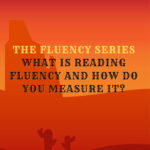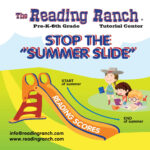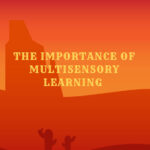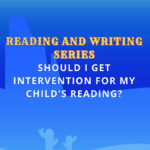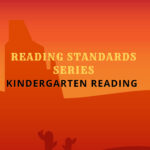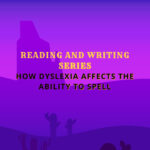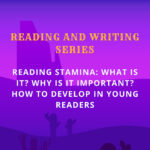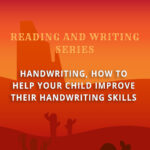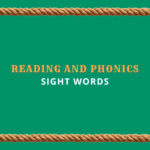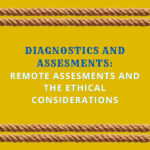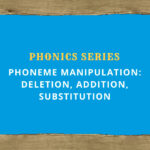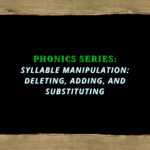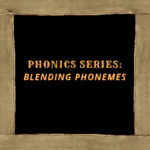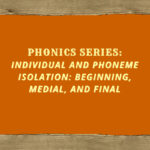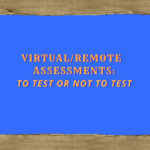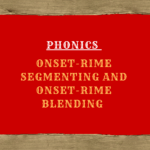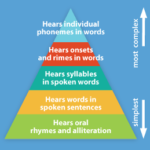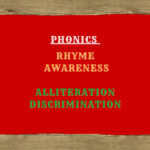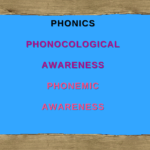Kindergarten Reading Standards
Kindergarteners learn a lot of new things in school. One of the most important subjects they will be studying is literacy. Literacy skills are essential for success in school and in life. However, unless you are a teacher or in the education environment, you’re probably wondering …
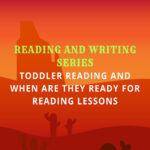
Toddler Reading
This weeks blog is for parents with toddlers. I hope that by reading this, your little one will be more engaged in their learning and have fun at home too! I hope you enjoy it! Try some of these tips this weekend!
Reading Stamina: What is it? Why is it important?
Reading stamina is the reading equivalent of physical fitness. It’s the stamina you need to read for extended periods of time, and it can be developed with practice. The reading muscles – your reading skills – get stronger as they’re used, just like any other muscle in your body…
Ethical Considerations for Remote Assessments and Diagnostic Testing
It seems appropriate to start a discussion on remoa te assessment by first addressing certain ethical aspects of the assessment process. Cognitive and achievement assessments are fundamental tools in our performance and developmental monitoring toolkit.
Individual and Phoneme Isolation: Beginning, Medial, and Final
Most kids are fast learners, but if you really want to make sure you’re helping them develop their full reading potential, you should train their phonemic awareness. One of the most critical parts of that essential “package” is phoneme isolation.
Sound and Word Discrimination
The next foundational skill in phonological awareness and language is Sound and Word discrimination. Auditory or sound discrimination is the ability to recognize similarities and differences between sounds. Mainly, sound discrimination allows people to distinguish between phonemes in words.
Phonological and Phonemic Awareness
Over the next several weeks, I’m going to discuss phonological and phonemic awareness. What do these terms mean, what are skills associated with these terms? I’ll also discuss why these skills are essential and discuss some techniques and teaching points to help you assist your child.

